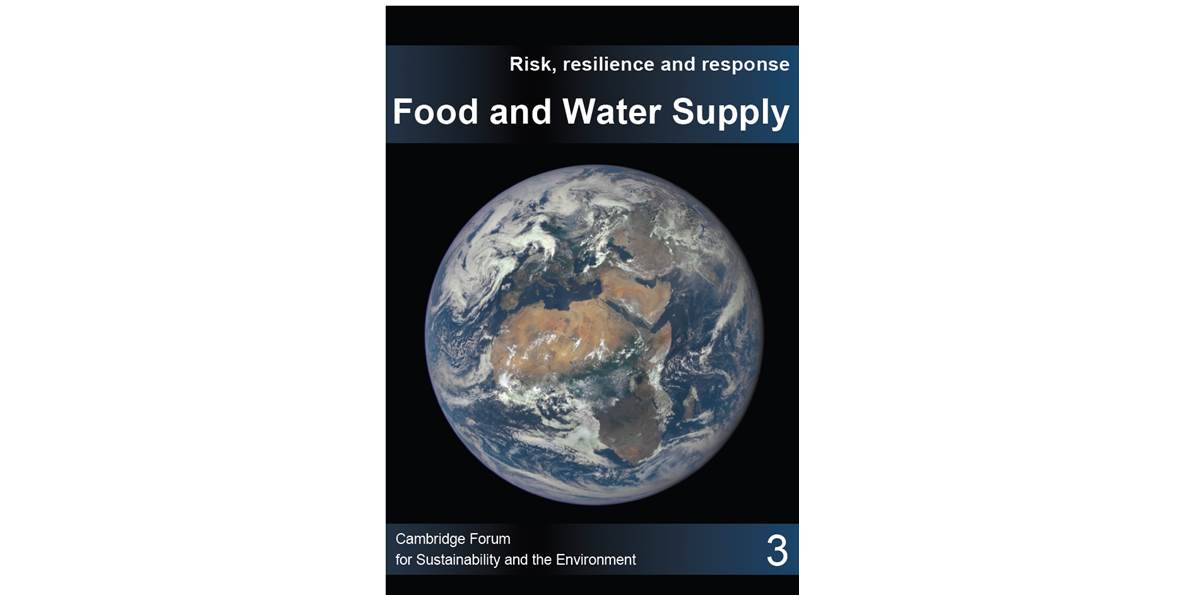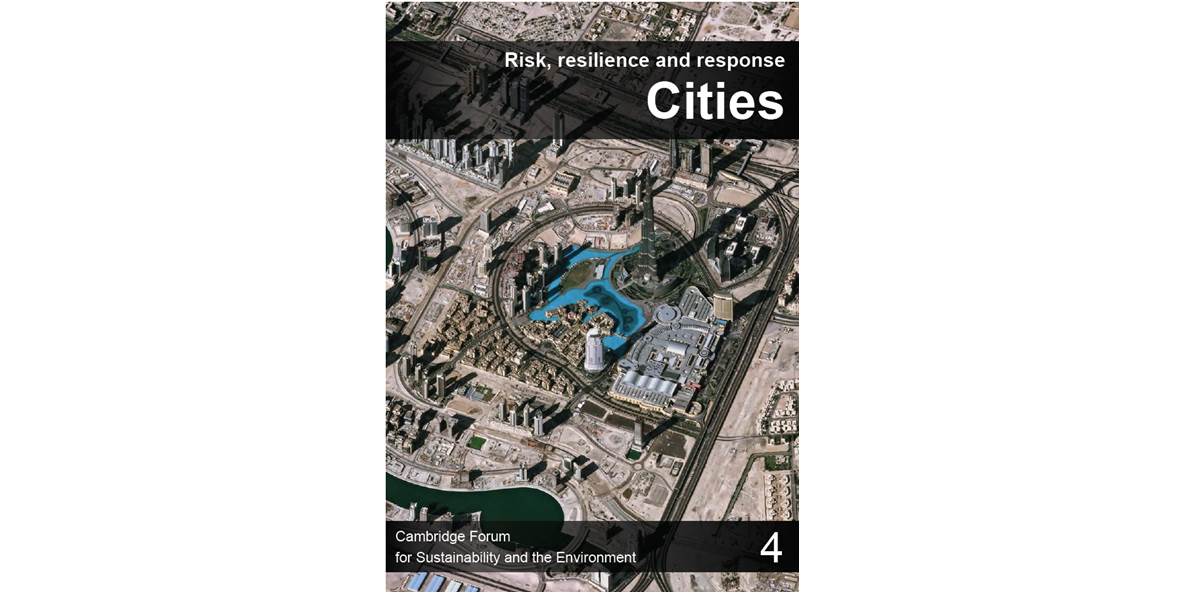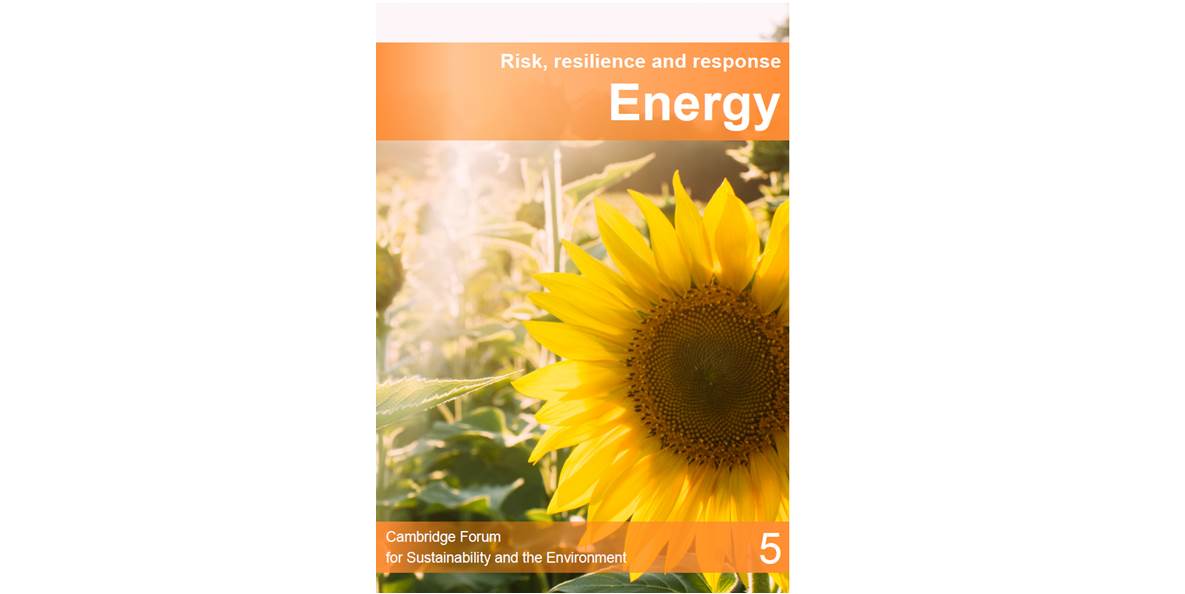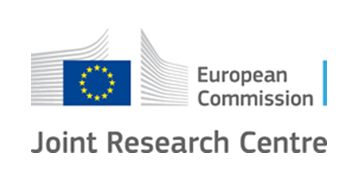
A series of three reports highlight key research questions and ideas generated during our Forum meetings and each of them explore a different theme through the lens of evaluating risk, creating resilience and formulating our response.
Food and water supply resilience
Between October and December 2015, we focused on food and water security and supply chain resilience. These three meetings were jointly hosted with the Joint Research Centre (JRC), the European Commission’s in-house science service which employs scientists to carry out research in order to provide independent scientific advice and support to EU policy.
This collaboration originated in a Memorandum of Understanding between the University and the JRC which was signed in September 2015 in order to promote and deepen understanding between the two institutions. Green Growth and Sustainability was chosen as the pilot activity and the Forum worked with the JRC Institute for Environment and Sustainability and University Strategic Initiatives, including the Cambridge Conservation Initiative and the Global Food Security Initiative, to develop a series of meetings and projects to explore potential areas for future collaboration. The three co-hosted Forum meetings formed a core part of this programme and each month, expert witnesses and guests from the JRC came to Forum meetings and helped to shape the theme as a whole.
This summary provides an overview of these three discussions and some of the ‘wicked problems’ and questions they generated. Additional outputs put these questions a broader context and explore potential future collaborations between the JRC and Cambridge.
Resilience in cities
Between January and March 2016, we built on the discussions we had during our first topic and focus on resilient cities and ways in which big data and technology will shape the way we view and live in cities of the future.
In the first two meetings, we discussed new ways to layer social, economic and environmental datasets in order to assess risk and resilience in cities, and how vulnerable they are to short-term shocks and long-term changes in the environment. In the final meeting, we turned to catalyzing change and ways that cities can become more resilient in practice.
Energy resilience
In April, May and June we explored energy resilience and the witnesses helped us to explore research questions related to using bioenergy based on photosynthesis as a deployable and sustainable energy source for off–grid situations.
In April, we focused on off-grid situations and exploring existing approaches and possible challenges while using local resources. In May and June, we turned to ways in which existing bio-energy technologies linked to photosynthesis can provide sustainable and rapidly deployable energy and the role of policy in applying the principles of the circular economy to bioenergy provision.
If you would like more information about Forum meetings or these themes and events, please contact Dr Rosamunde Almond (r.almond@damtp.cam.ac.uk).





